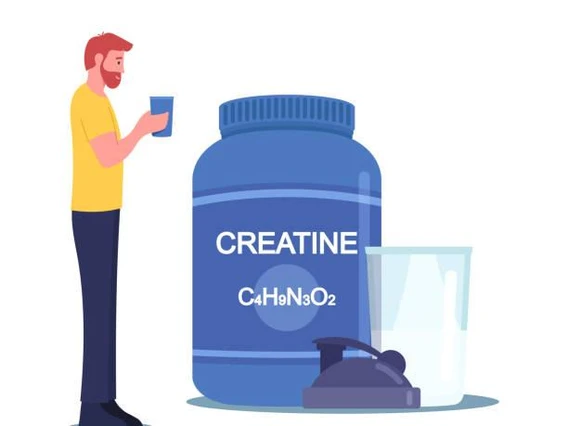What is the difference between Tylenol and Advil?
Tylenol and Advil are both over-the-counter medications used for pain relief and fever reduction,

but they belong to different drug classes and have different active ingredients. The primary differences between Tylenol (acetaminophen) and Advil (ibuprofen) are related to their mechanisms of action, side effects, and recommended uses. Here’s an overview:
1. Active Ingredients:
- Tylenol (Acetaminophen): Acetaminophen is the active ingredient in Tylenol. It works by reducing the production of prostaglandins in the brain, which are chemicals that contribute to pain and fever. Acetaminophen is not classified as a nonsteroidal anti-inflammatory drug (NSAID).
- Advil (Ibuprofen): Ibuprofen is the active ingredient in Advil. It is a nonsteroidal anti-inflammatory drug (NSAID) that works by inhibiting the production of prostaglandins, thereby reducing pain and inflammation.
2. Mechanism of Action:
- Tylenol (Acetaminophen): Acetaminophen primarily works on the central nervous system to reduce pain and fever but has less anti-inflammatory activity compared to NSAIDs like ibuprofen.
- Advil (Ibuprofen): Ibuprofen is an NSAID that works by inhibiting the activity of enzymes called cyclooxygenases (COX-1 and COX-2), which play a role in the production of prostaglandins. By reducing prostaglandin levels, ibuprofen can provide pain relief, reduce inflammation, and lower fever.
3. Recommended Uses:
- Tylenol (Acetaminophen): Tylenol is commonly used for pain relief and reducing fever. It is often recommended for conditions where inflammation is not a prominent feature, such as headaches, musculoskeletal pain, and fever.
- Advil (Ibuprofen): Advil is used for pain relief, reduction of inflammation, and fever reduction. It is often recommended for conditions involving inflammation, such as arthritis, menstrual cramps, and certain injuries.
4. Side Effects:
- Tylenol (Acetaminophen): Acetaminophen is generally considered safe when used as directed, but excessive or prolonged use can lead to liver damage. It’s important not to exceed the recommended dosage .
- Advil (Ibuprofen): Ibuprofen can cause gastrointestinal side effects, including stomach upset, heartburn, and, in some cases, ulcers and bleeding. Prolonged use of NSAIDs may also be associated with an increased risk of cardiovascular events.
5. Special Considerations:
- Tylenol (Acetaminophen): Acetaminophen is generally considered a safer option for individuals with certain conditions that may be aggravated by NSAIDs, such as peptic ulcers or kidney problems. However, excessive use or overdose of acetaminophen can cause severe liver damage.
- Advil (Ibuprofen): NSAIDs like ibuprofen should be used with caution in individuals with a history of gastrointestinal bleeding, cardiovascular disease, or kidney dysfunction. Long-term use or high doses can increase the risk of adverse effects.
In summary, while Tylenol and Advil both provide pain relief and fever reduction, theyhave different active ingredients and mechanisms of action. The choice between themmay depend on the specific symptoms, the presence of inflammation, and individualhealth considerations. It’s important to follow dosing instructions carefully and, when indoubt, consult with a healthcare professional for personalized advice.














































